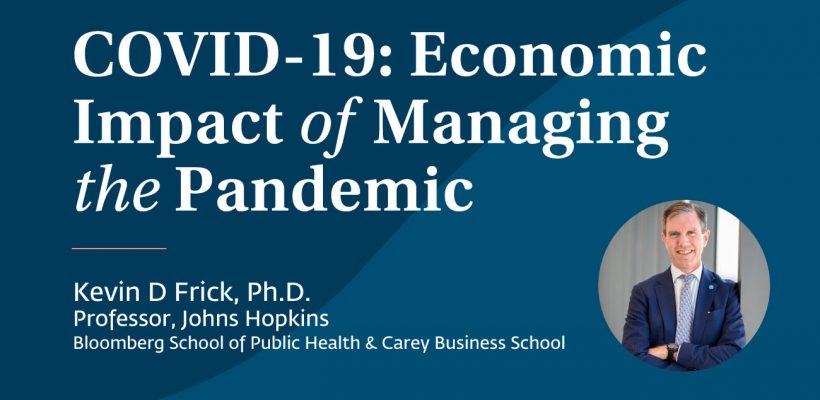
Initiative Webinar on the Economic Impact of the Pandemic
3 min readYEREVAN, Armenia — The American University of Armenia (AUA) Open Center for Transformative Health Solutions continues its series of Initiative Seminars, which address issues challenging humanity and raise questions significant for a sustainable future and relevant to the interests of the audience. These seminars serve as pivotal meeting places for people pursuing innovative agendas in research, education, and business for the advancement of society. This time, the Initiative Webinar was co-hosted by the Turpanjian College of Health Sciences in close collaboration with the National Institute of Health after Academician Avdalbekyan. Simultaneous translation was made available.
The topic, the economic impact of managing the pandemic, brought together stakeholders from various sectors and institutions to review the latest information on the global and country-specific economic impact of COVID-19 to date and the potential future impact.
Dr. Kevin D. Frick, a world-renowned health economist and professor at Johns Hopkins University, was the featured speaker. He discussed the combination of the microeconomic decisions that individuals make and the direct macroeconomic implications of the COVID-19 pandemic. The webinar touched upon the microeconomics and macroeconomics of various interventions implemented in response to COVID-19, including masking, social distancing, handwashing, testing, lockdowns, vaccination, and treatment. In addition, the speaker discussed the societal consequences of several prevention and treatment efforts, focusing on domestic violence, mental health, education, exercise, lifelong learning, entrepreneurial activity, and healthcare system capacity.
Dr. Frick emphasized, “The context is important. Understanding the context and what people are willing to do, how much they are going to change their behavior without mandates, is critical. The recommendation that any type of economic evaluation be done from a societal perspective is critical because there are so many impacts that we wouldn’t want to miss.”
In conclusion, the speaker highlighted that microeconomic considerations guide individual and business responses and that macroeconomic impacts are rather complex and imply inevitable tradeoffs at every stage. Dr. Frick also provided a critical overview of the literature examining the effectiveness of various interventions, concluding that testing and personal protective equipment are cost-effective, especially when the infection transmission rate is high. The standard public health practices — such as quarantining, distancing, and masking — can also be cost-effective. However, studies to date have not supported severe lockdowns, given their adverse implications on educational opportunities, school closures, unemployment, domestic violence, and non-COVID medical care. The key takeaway is to consider the lessons learned from this pandemic since we are living in an era of emerging viruses.
The Open Center for Transformative Solutions hosted two other Initiative Webinars in the past few months on Mentoring — Developing a Transformational Relationship for the Mentor and Mentee and Giving a Voice to Research Findings featuring the same speaker. The next Initiative Webinar, scheduled for May 20, 2022, will focus on Case Studies in Public Health, Policy, and Business Collaboration for Problem Solving.
Dr. Frick is a professor at the Johns Hopkins Carey Business School with joint appointments in the Department of Ophthalmology and the Bloomberg School of Public Health’s Departments of Health Policy and Management and International Health. He is a core faculty member of the Hopkins Business of Health Initiative and the Center for Health Services and Outcomes Research. He has served on the Agency for Healthcare Quality and Research Study Section and the National Institute for Nursing Research Advisory Council. As Vice Dean for Education of the Carey Business School, he helped the school achieve initial accreditation with the Association to Advance Collegiate Schools of Business (AACSB), develop online educational offerings, restructure the full-time MBA program, and create a range of experiential learning opportunities.
The Open Center for Transformative Health Solutions provides transdisciplinary education and collaborative experiences and stimulates collaborations outside the traditional public health disciplines to develop solutions to complex health problems modern societies face.
The AUA Turpanjian College of Health Sciences works actively to improve population health and health services in Armenia and the region through interdisciplinary education and development of health professionals to be leaders in public health, health services research, and evaluation, health care delivery, and management.
